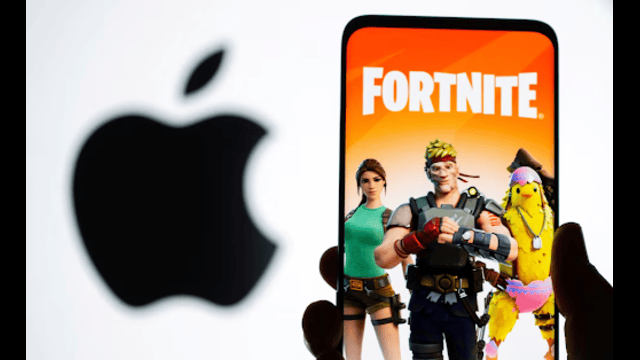
U.S. Representative Don Beyer, a Democrat from Virginia, speaks during a press conference at the Capitol in Washington, D.C., on May 18, 2021. Reuters
In a surprising twist to the Virginia congressional race, a determined challenger has developed an AI chatbot to stand in for the Democratic incumbent during a debate. Bentley Hensel, an independent candidate and software engineer at CivicActions, is pushing for more engagement from Don Beyer, the sitting congressman who easily won his last election with nearly 75% of the vote. With election day fast approaching, Hensel's frustration over Beyer's reluctance to participate in additional debates has sparked an innovative plan.
Hensel created "DonBot," an AI version of Beyer, trained on the congressman's official websites, press releases, and Federal Election Commission data. This unique initiative is designed to challenge Beyer’s decision to avoid public appearances, with Hensel stating, "the voters of this district deserve to hear from him and all the candidates on the issues." He emphasized that the chatbot aims to provide truthful responses rather than mislead voters.
The debate, scheduled for October 17 and set to stream online, will feature Hensel and another independent candidate, David Kennedy, facing off against DonBot. Meanwhile, Republican candidate Jerry Torres has not responded to inquiries regarding his participation. A spokesperson for Beyer pointed out that he had already engaged in a forum with the other candidates in September and will not attend the upcoming debate.
Beyer’s spokesperson further noted that the congressman is committed to addressing the regulation of artificial intelligence and legislation aimed at preventing AI misuse in spreading misinformation during elections. Hensel, however, remains resolute in his approach, stating that if Torres also opts out of the debate, he will create an AI representation for him as well. This AI endeavour not only showcases Hensel’s tech-savvy background but also serves as a last-ditch effort to generate excitement in an otherwise predictable election.
The integration of AI in political discourse raises fascinating questions about the future of campaigns and communication. With AI rapidly evolving, many worry about its potential to mislead voters. Hensel's creation of DonBot is a fascinating attempt to explore how AI can facilitate debates while ensuring transparency. In light of the growing investment in AI, the effectiveness of such technologies in political settings is still under scrutiny. Previous examples of AI misuse, like the fabricated voice of President Biden encouraging voters not to participate in primaries, highlight the risks associated with this technology.
During a preview of DonBot, it provided clear answers to questions about policies, often citing Beyer’s own statements. For instance, when asked about gun control, DonBot stated, "we are beyond a crisis point with guns in America," and affirmed support for women's rights. Hensel has made it clear that DonBot will not entertain bizarre questions or propagate falsehoods, as it is programmed to stick to verified information.
Despite the challenges posed by the introduction of AI into the political arena, Hensel hopes this debate format will encourage Beyer to engage more directly with voters. The online debate is being organized by two non-profits focused on enhancing political representation and accountability. Hensel acknowledged Beyer's strong position in the polls, stating, "I am not naïve about what’s going to happen in November, but I believe strongly in greater transparency."
As this groundbreaking debate approaches, it will be fascinating to see how AI technologies like DonBot influence political communication and voter engagement. The implications for future campaigns could be profound, making this a notable moment in the intersection of technology and politics.















